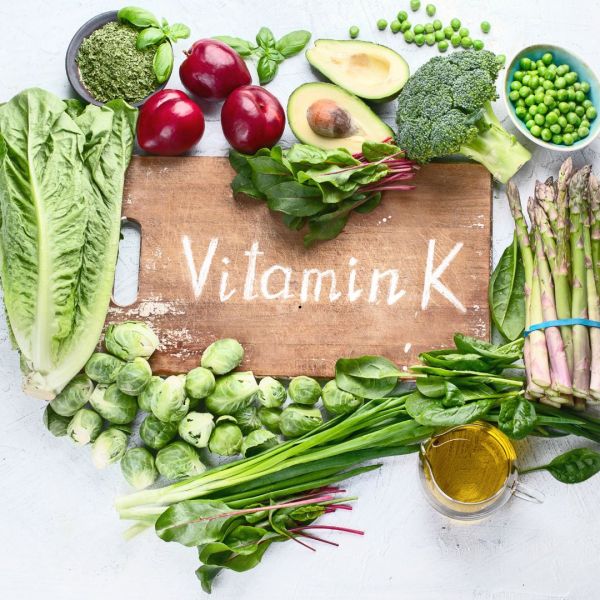Vitamin K: Unveiling the Benefits for Blood, Bones, and Beyond
REFERSMS February 06, 2025 07:39 PM


Vitamin K is a group of vitamins essential for several bodily functions, including blood clotting, bone health, and potentially heart and cognitive function. It is a fat-soluble vitamin that the body needs to function properly.
Key benefits and uses of Vitamin K:
- Blood Clotting: VK plays a vital role in blood clotting (coagulation) by helping to produce prothrombin, a protein and clotting factor that is important in blood clotting. Specifically, it helps the body make four of the 13 proteins needed for blood clotting, which stops bleeding from injuries and wounds, allowing them to heal.
- Bone Health: VK is essential for building and maintaining strong bones. It supports the production of osteocalcin, a protein that is needed to prevent the weakening of bones and helps to avoid low bone density. Studies suggest that adequate vitamin K intake may lower the chances of bone fractures and osteopenia.
- Heart Health: VK may help protect heart health by preventing mineralization in the arteries, which allows the heart to pump blood more freely. Adequate intake may also lower the risk of stroke.
- Cognitive Health: Increased blood levels of vitamin K have been associated with improved cognitive performance, particularly verbal episodic memory. One study showed that healthy individuals over 70 with the highest blood levels of VK1 had the highest verbal episodic memory performance.
VK1 (phylloquinone) is found in plant foods like leafy greens, while VK2 (menaquinone) is found in some animal products and fermented foods. Deficiency in vitamin K is rare but can lead to increased bleeding and bruising. Most people can obtain enough vitamin K through a balanced diet.

